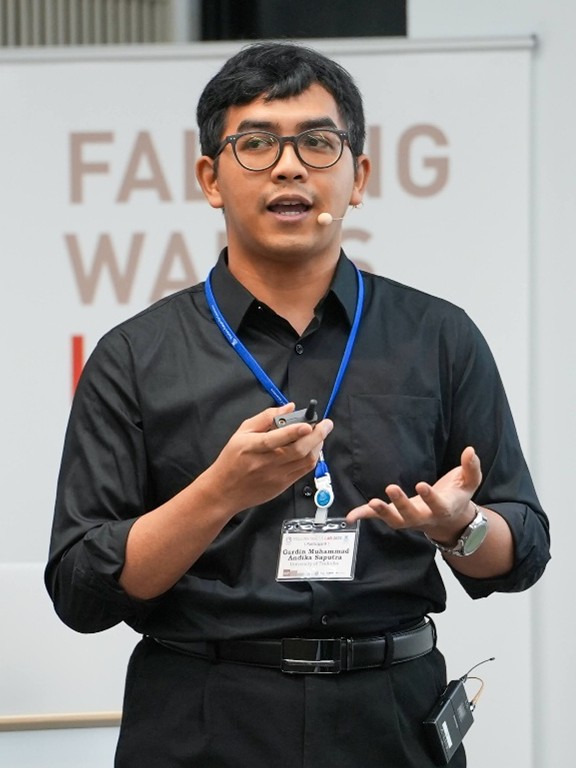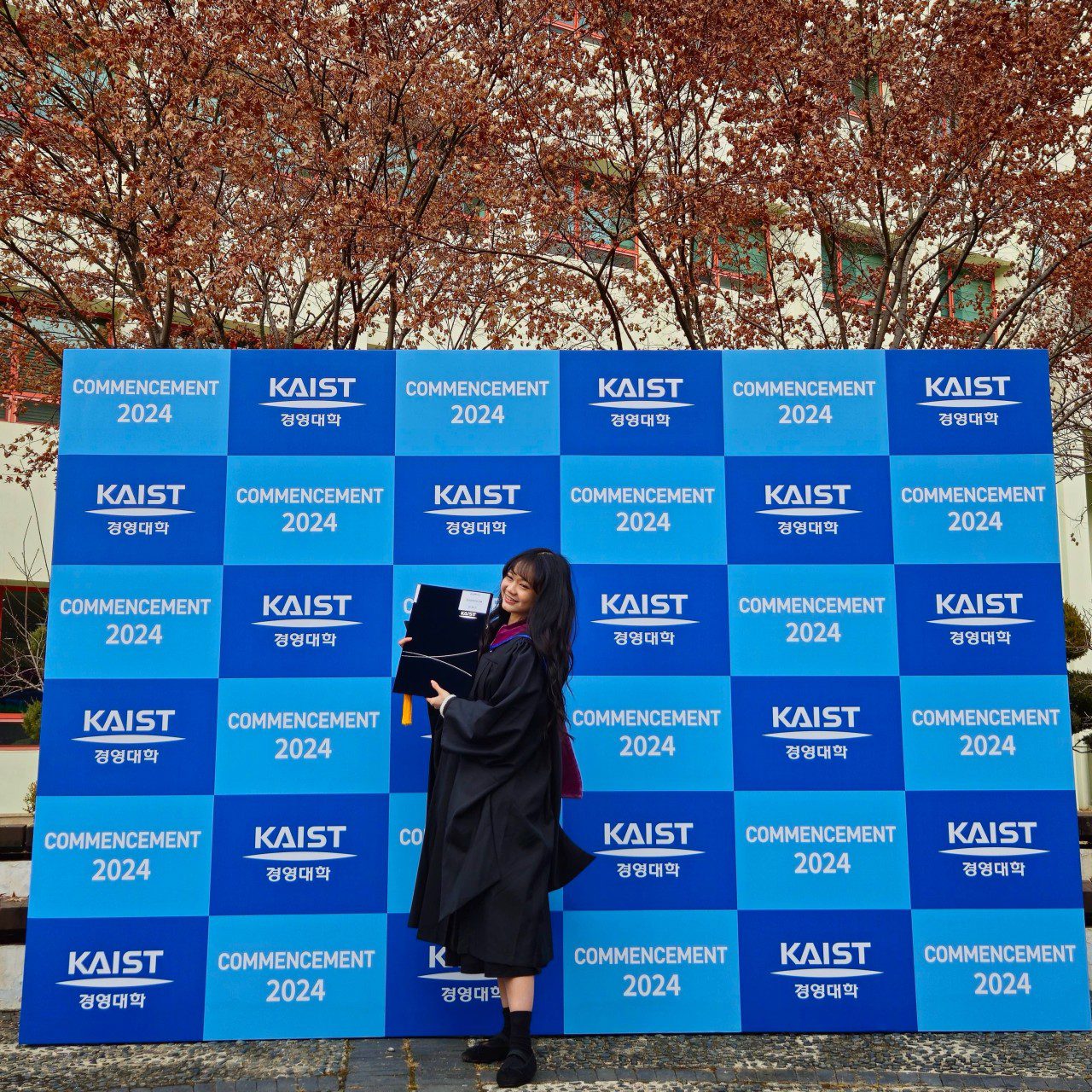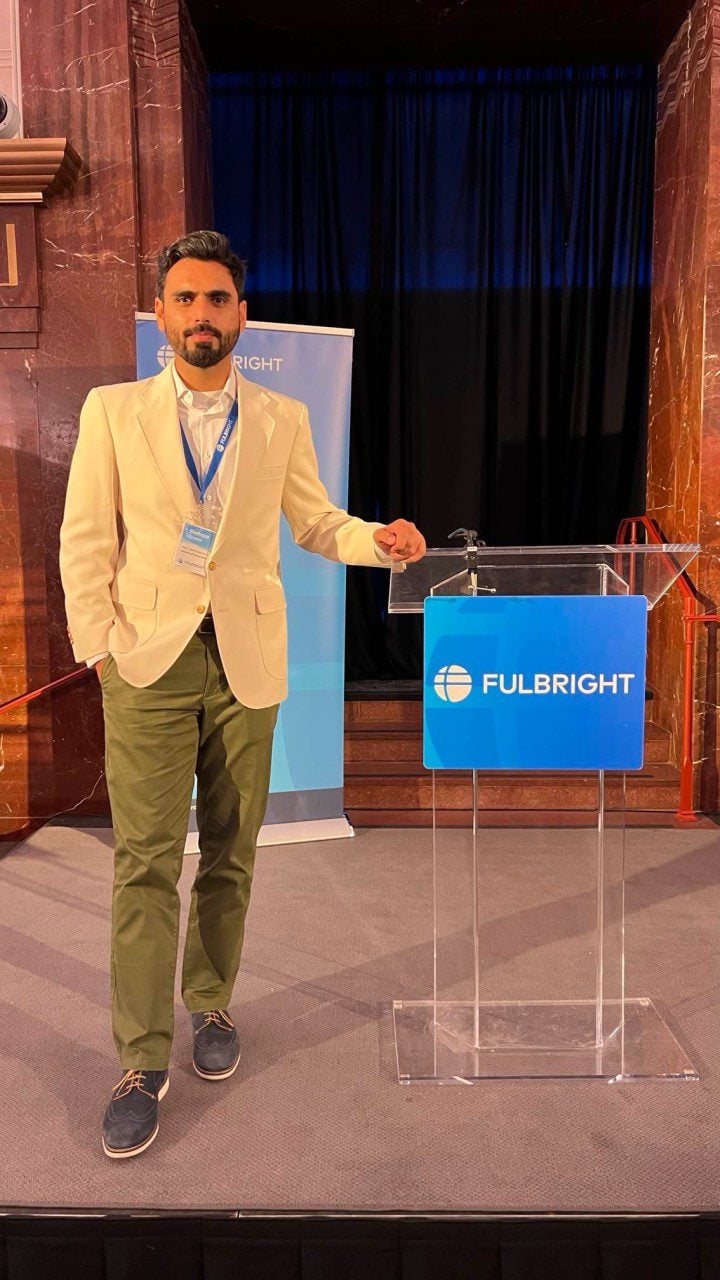MEXT Scholar, Gardin from Indonesia, Pursues a Master’s in Materials Innovation at the University of Tsukuba
University: University of Tsukuba
Degree: Master’s in Materials Innovation (Thin Film Thermoelectric Materials)
Previous Education: Bachelor’s in Materials Engineering – Institut Teknologi Bandung (ITB)
Scholarship: Monbukagakusho (MEXT) Scholarship – Fully Funded (Tuition, Stipend, Airfare, Visa, Insurance)
Social Media
LinkedIn: linkedin.com/in/gardinmas/

The Journey
Hi! I am Gardin from Indonesia. Currently, I am pursuing a master’s program in Materials Innovation at the University of Tsukuba, Japan, with a focus on thin film thermoelectric materials. I am also a junior research trainee at the National Institute for Materials Science (NIMS), Japan, where I conduct most of my research experiments.
MEXT Scholarship Details
In my master’s program, I received a Monbukagakusho scholarship (MEXT scholarship) from the Japanese government through university recommendation. By becoming the awardee of this scholarship, you can get a round-trip travel airfare, free visa application fee, exemption from tuition fee, and living expenses, depending on the degree you are pursuing and where you are pursuing it (In my case, I receive ¥147,000 per month).
Educational Background
I finished my bachelor’s program at the Materials Engineering Study Program, Institut Teknologi Bandung (ITB). My GPA was around 3.6 on a 4.0 scale, and since my bachelor’s is linearly related to my master’s program, it helps me to convince the admission committee about my dedication to Materials Science. The materials-related program in both universities also has an agreement under the Campus Asia 6 Program, where they annually do a student exchange program and make the programs closely related to each other.
How Did You Prepare to Apply to the University of Tsukuba?
How Did You Find Information About the MEXT Scholarship and the University of Tsukuba?
I got the information from one of my lecturers at ITB since the University of Tsukuba and ITB have a close collaboration in materials science and engineering research.
Did You Take Any Standardized Tests? If So, How Did You Prepare for Them?
I submitted the TOEFL iBT for my admission process. Most of my preparation was using some YouTube channels that cover this topic. Aside from that, my writing and speaking skills have been developed by joining many competitions, conferences, and courses that were delivered in English.
How Did You Prepare to Apply to the MEXT Scholarship?
This scholarship was based on the recommendation from the University of Tsukuba, so I was first admitted to the university before applying for the scholarship. For the scholarship application, I need to submit an application form, study plan, recommendation letter, transcript, graduation certificate, thesis abstract, and English proficiency test certificate. For the study plan, I got some feedback from my previous academic supervisor and my close friend, who are very well known to me. I got a recommendation letter from the faculty who are also close to me, so they can give a comprehensive assessment of me. After I completed all of the documents required for the application, I sent it to the university through an international courier and then waited for the result.
How Do You Rate the University of Tsukuba Academically and Why?
Tsukuba has well-equipped facilities and a wide range of courses for education in STEM and sports science. The other interesting point is that Tsukuba is a science city in Japan, so there are many national research centers here where students often can have a hands-on experience with researchers from those institutes.
How Does the University of Tsukuba Support International Students?
Our university has an organization for supporting international students, either for consultation or other things, with staff who can speak English. Not only that, they provide a tutor for a newcomer student, a recycling shop, an international student association, and many events such as multilingual chats and international day. Aside from that, our university has numerous dormitory rooms, which make international students' lives easier. Our university also provides some free courses for students who want to learn Japanese.
Are Your Classes Conducted in English or Japanese?
For my program, the courses are entirely conducted in English, and there are also other programs that are mostly conducted in English or have a decent number of English-taught courses for graduation. But I can also take courses from other departments, whether in English or in Japanese.
Would Potential Students Have Any Problems Academically, Not Knowing Japanese?
When I started to study in Japan, I could only read Hiragana and Katakana, which is actually not recommended. If your program is not taught in English, then it would be hard or almost impossible for you to graduate without knowing the local language of the country. In my case, even though I can survive till now, I heavily recommend everyone who wants to study here to have at least a decent ability so you can do some basic things like groceries, asking for directions, administrative stuff, etc., without any hassle. Having an ability in the local language would also be helpful for you to assimilate with the local students and society.
What Do You Think Made Your Application Stand Out?
Actually, I am not sure about it, but let me try to answer based on my observation. The first thing is that I have a supportive potential supervisor, so I can have a clear study plan, which is very helpful during the interview. The second thing is I did not just bring my GPA to the table because I have some research publications, joined a conference, have international internship experience, and some internationally recognized academic awards. At last, I also think that my recommendation letter from my faculty is strong evidence to support my application.
What Would You Have Done Differently if You Were Going Through the Process Again?
I will prepare all sorts of documents earlier so I do not submit them on the very last day and have more worry-free time. Aside from that, I would like to practice for an interview so I can be more confident during the interview. At last, I will take on a part-time job or pursue other opportunities to accumulate a decent amount of savings for my first month in Japan.
What Advice Would You Give Those Looking to Apply for a Similar Scholarship?
For pursuing graduate study in Japan, a potential supervisor is the key to everything since he/she will not only help you to be accepted for the program but also graduate from the program. Try your best to bring something unique to your application, whether it is awards, conferences, internships, student exchange, publications, etc., so your application is full of convincing materials. Lastly, keep in touch with your previous lecturers since they will boost your scholarship application in the future.
Want to submit your
scholarship journey?
Submit Your Story Here!
More Scholarship Recipients

My name is Vania Estrellita Soegiarto, and I am from Indonesia. I pursued a Finance MBA at KAIST Business School in South Ko .... Read more

Hello, I’m Toyeeb Olamilekan Abubakar from Nigeria. I earned a Bachelor of Science degree in Statistics from the Universit .... Read more

My name is Shehryar Jafar, and I’m from Karachi, Pakistan. I’m currently a PhD student in Electrical Engineering at the .... Read more

Leave A Comment